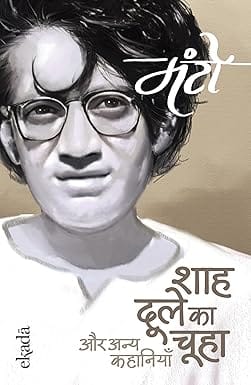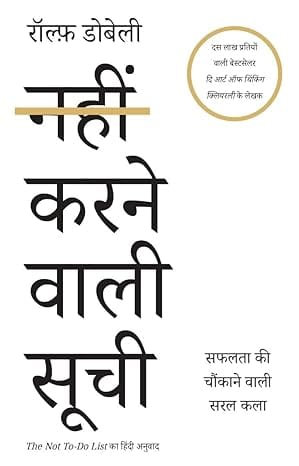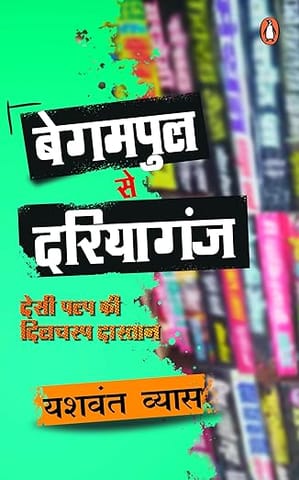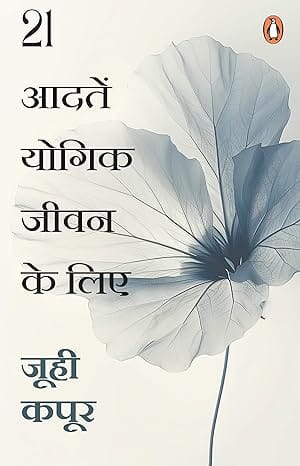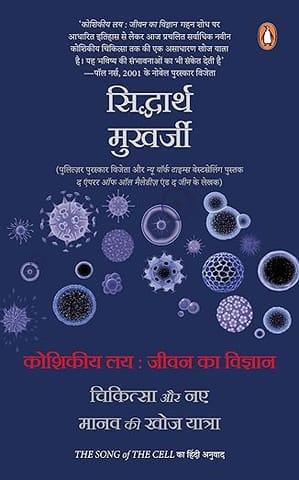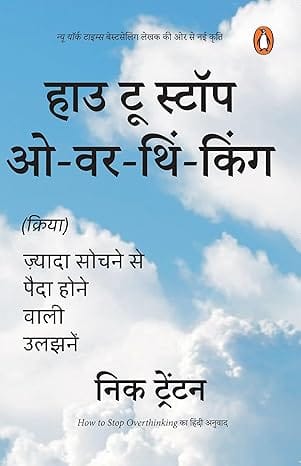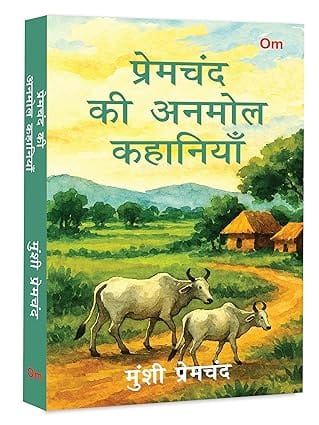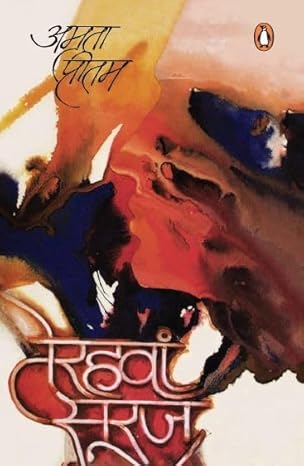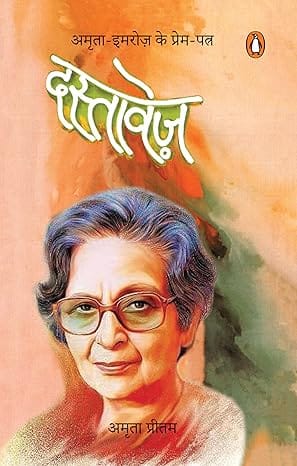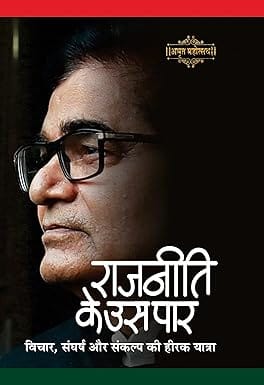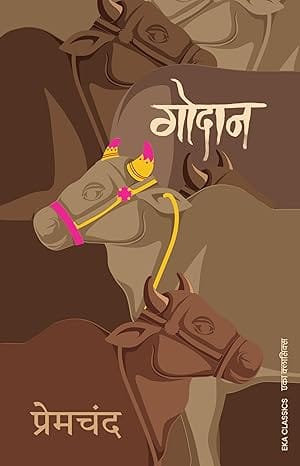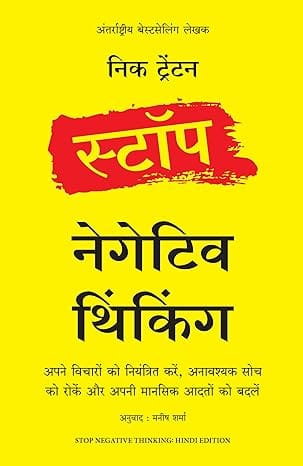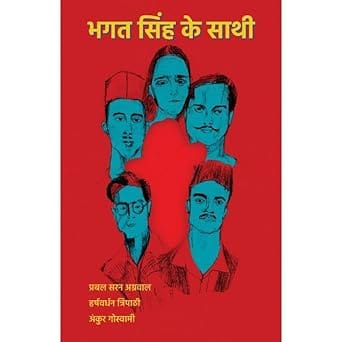WELCOME TO MIDLAND BOOK SHOP!
SHOP FOR
-
Non-ficton
- Non-ficton
-
Contemporary Fiction
- Contemporary Fiction
-
Children
- Children
-
Comics & Graphic Novels
- Comics & Graphic Novels
-
Non-Fiction
- Non-Fiction
-
Fiction
- Fiction
Shop No.20, Aurobindo Palace Market, Hauz Khas, Near Church +91 9818282497 | 011 26867121
110016
New Delhi
IN
Midland The Book Shop ™
Shop No.20, Aurobindo Palace Market, Hauz Khas, Near Church +91 9818282497 | 011 26867121
New Delhi,
IN
+919871604786
https://www.midlandbookshop.com/s/607fe93d7eafcac1f2c73ea4/677cda367903fd013d69b606/without-tag-line-480x480.png"
[email protected]
9789360454524
686912bad63bee9523435316
Shah Dule Ka Chuha (hindi)
https://www.midlandbookshop.com/s/607fe93d7eafcac1f2c73ea4/686912bbd63bee952343531e/71pqotd95ml-_sy385_.jpg
9789360454524
About the Book
THIS IS A COLLECTION OF FIFTEEN STORIES OF MANTO, CAREFULLY SELECTED BY OUR EDITORS.
These are the most powerful works, reflecting the harsh realities of the Partition era. The stories in this collection showcase Manto’s bold and unfiltered storytelling, often delving into themes of human suffering, societal hypocrisy and the absurdity of communal divisions. Some notable stories featured include Toba Tek Singh, Shah Dule Ka Chooha, Khol Do and Thanda Gosht.
Manto’s writing remains relevant today, as his narratives continue to challenge societal norms and provoke thought. His fearless approach to storytelling has cemented his legacy as one of the greatest short-story writers of the subcontinent.
About the Author
Saadat Hasan Manto was a celebrated Urdu writer, playwright, and thinker, known for his fearless storytelling and sharp social critique. His short stories, including Toba Tek Singh, Khol Do and Thanda Gosht, provided a raw and unfiltered view of the partition of India, human nature and societal hypocrisy.
Born in British India, Manto started as a translator before finding his voice as a writer. His work often courted controversy, leading to multiple obscenity trials, but he remained unapologetic. He famously argued that his stories simply reflected society’s truths.
Manto moved to Pakistan after the partition and struggled with financial hardships and alcoholism, which contributed to his untimely death in 1955. Despite his turbulent life, his legacy remains immortal, influencing generations of writers and film-makers
THIS IS A COLLECTION OF FIFTEEN STORIES OF MANTO, CAREFULLY SELECTED BY OUR EDITORS.
These are the most powerful works, reflecting the harsh realities of the Partition era. The stories in this collection showcase Manto’s bold and unfiltered storytelling, often delving into themes of human suffering, societal hypocrisy and the absurdity of communal divisions. Some notable stories featured include Toba Tek Singh, Shah Dule Ka Chooha, Khol Do and Thanda Gosht.
Manto’s writing remains relevant today, as his narratives continue to challenge societal norms and provoke thought. His fearless approach to storytelling has cemented his legacy as one of the greatest short-story writers of the subcontinent.
About the Author
Saadat Hasan Manto was a celebrated Urdu writer, playwright, and thinker, known for his fearless storytelling and sharp social critique. His short stories, including Toba Tek Singh, Khol Do and Thanda Gosht, provided a raw and unfiltered view of the partition of India, human nature and societal hypocrisy.
Born in British India, Manto started as a translator before finding his voice as a writer. His work often courted controversy, leading to multiple obscenity trials, but he remained unapologetic. He famously argued that his stories simply reflected society’s truths.
Manto moved to Pakistan after the partition and struggled with financial hardships and alcoholism, which contributed to his untimely death in 1955. Despite his turbulent life, his legacy remains immortal, influencing generations of writers and film-makers
About the Author
Saadat Hasan Manto was a celebrated Urdu writer, playwright, and thinker, known for his fearless storytelling and sharp social critique. His short stories, including Toba Tek Singh, Khol Do and Thanda Gosht, provided a raw and unfiltered view of the partition of India, human nature and societal hypocrisy.
Born in British India, Manto started as a translator before finding his voice as a writer. His work often courted controversy, leading to multiple obscenity trials, but he remained unapologetic. He famously argued that his stories simply reflected society’s truths.
Manto moved to Pakistan after the partition and struggled with financial hardships and alcoholism, which contributed to his untimely death in 1955. Despite his turbulent life, his legacy remains immortal, influencing generations of writers and film-makers.
Born in British India, Manto started as a translator before finding his voice as a writer. His work often courted controversy, leading to multiple obscenity trials, but he remained unapologetic. He famously argued that his stories simply reflected society’s truths.
Manto moved to Pakistan after the partition and struggled with financial hardships and alcoholism, which contributed to his untimely death in 1955. Despite his turbulent life, his legacy remains immortal, influencing generations of writers and film-makers.
in stock
INR
158
1
1
Email ID already exists!
Your Current password is incorrect
Password Updated Successfully
Thanks for your Feedback
- Home
- Hindi Books
- Shah Dule Ka Chuha (hindi)
Shah Dule Ka Chuha (hindi)
ISBN:
9789360454524
₹158
₹175
(10% OFF)
SIZE GUIDE
Sold By:
Hauz Khas - Aurobindo Market
Details
- ISBN: 9789360454524
- Author: Manto
- Publisher: Ekada
- Pages: 152
- Format: Paperback
Book Description
About the Book
THIS IS A COLLECTION OF FIFTEEN STORIES OF MANTO, CAREFULLY SELECTED BY OUR EDITORS.
These are the most powerful works, reflecting the harsh realities of the Partition era. The stories in this collection showcase Manto’s bold and unfiltered storytelling, often delving into themes of human suffering, societal hypocrisy and the absurdity of communal divisions. Some notable stories featured include Toba Tek Singh, Shah Dule Ka Chooha, Khol Do and Thanda Gosht.
Manto’s writing remains relevant today, as his narratives continue to challenge societal norms and provoke thought. His fearless approach to storytelling has cemented his legacy as one of the greatest short-story writers of the subcontinent.
About the Author
Saadat Hasan Manto was a celebrated Urdu writer, playwright, and thinker, known for his fearless storytelling and sharp social critique. His short stories, including Toba Tek Singh, Khol Do and Thanda Gosht, provided a raw and unfiltered view of the partition of India, human nature and societal hypocrisy.
Born in British India, Manto started as a translator before finding his voice as a writer. His work often courted controversy, leading to multiple obscenity trials, but he remained unapologetic. He famously argued that his stories simply reflected society’s truths.
Manto moved to Pakistan after the partition and struggled with financial hardships and alcoholism, which contributed to his untimely death in 1955. Despite his turbulent life, his legacy remains immortal, influencing generations of writers and film-makers
THIS IS A COLLECTION OF FIFTEEN STORIES OF MANTO, CAREFULLY SELECTED BY OUR EDITORS.
These are the most powerful works, reflecting the harsh realities of the Partition era. The stories in this collection showcase Manto’s bold and unfiltered storytelling, often delving into themes of human suffering, societal hypocrisy and the absurdity of communal divisions. Some notable stories featured include Toba Tek Singh, Shah Dule Ka Chooha, Khol Do and Thanda Gosht.
Manto’s writing remains relevant today, as his narratives continue to challenge societal norms and provoke thought. His fearless approach to storytelling has cemented his legacy as one of the greatest short-story writers of the subcontinent.
About the Author
Saadat Hasan Manto was a celebrated Urdu writer, playwright, and thinker, known for his fearless storytelling and sharp social critique. His short stories, including Toba Tek Singh, Khol Do and Thanda Gosht, provided a raw and unfiltered view of the partition of India, human nature and societal hypocrisy.
Born in British India, Manto started as a translator before finding his voice as a writer. His work often courted controversy, leading to multiple obscenity trials, but he remained unapologetic. He famously argued that his stories simply reflected society’s truths.
Manto moved to Pakistan after the partition and struggled with financial hardships and alcoholism, which contributed to his untimely death in 1955. Despite his turbulent life, his legacy remains immortal, influencing generations of writers and film-makers
About the Author
Saadat Hasan Manto was a celebrated Urdu writer, playwright, and thinker, known for his fearless storytelling and sharp social critique. His short stories, including Toba Tek Singh, Khol Do and Thanda Gosht, provided a raw and unfiltered view of the partition of India, human nature and societal hypocrisy.
Born in British India, Manto started as a translator before finding his voice as a writer. His work often courted controversy, leading to multiple obscenity trials, but he remained unapologetic. He famously argued that his stories simply reflected society’s truths.
Manto moved to Pakistan after the partition and struggled with financial hardships and alcoholism, which contributed to his untimely death in 1955. Despite his turbulent life, his legacy remains immortal, influencing generations of writers and film-makers.
Born in British India, Manto started as a translator before finding his voice as a writer. His work often courted controversy, leading to multiple obscenity trials, but he remained unapologetic. He famously argued that his stories simply reflected society’s truths.
Manto moved to Pakistan after the partition and struggled with financial hardships and alcoholism, which contributed to his untimely death in 1955. Despite his turbulent life, his legacy remains immortal, influencing generations of writers and film-makers.
Related Books
User reviews
NEWSLETTER
Subscribe to get Email Updates!
Thanks for subscribing.
Your response has been recorded.

India's Iconic & Independent Book Store offering a vast selection of books across a variety of genres Since 1978.
"We Believe In The Power of Books" Our mission is to make books accessible to everyone, and to cultivate a culture of reading and learning. We strive to provide a wide range of books, from classic literature, sci-fi and fantasy, to graphic novels, biographies and self-help books, so that everyone can find something to read.
Whether you’re looking for your next great read, a gift for someone special, or just browsing, Midland is here to make your book-buying experience easy and enjoyable.
We are shipping pan India and across the world.
For Bulk Order / Corporate Gifting
 +91 9818282497 |
+91 9818282497 |  [email protected]
[email protected]
Click To Know More
INFORMATION
POLICIES
ACCOUNT
QUICK LINKS
ADDRESS
Midland Book Shop - Hauz Khas
Shop No.20, Aurobindo Palace Market, Near Church, New Delhi
Shop No.20, Aurobindo Palace Market, Near Church, New Delhi

